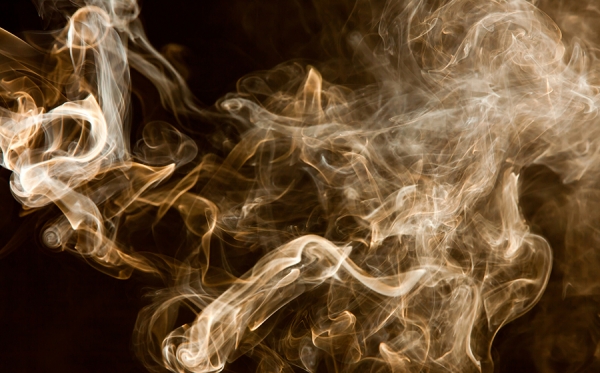Every day police chiefs consider the origins of crime in our society, including what conditions stimulate crime and how to mitigate them. For many police chiefs across the nation, one aspect of this examination involves looking at a single dynamic – the crimes associated with selling illicit products through underground markets. It is a key component of criminal justice.
We have all seen the numbers as it relates to our community. The question is what are we going to do about it? Before we can examine this question further, let us first consider the facts: African Americans are incarcerated at nearly six times the rate of Whites; the vast majority of drug users in America are White, but 3 out of 4 in prison are people of color; “get tough on crime” and “war on drugs” policies combined with mandatory minimum sentencing have made the United States prison system the largest in the world (not one of our proudest accomplishments); and jail reduces work time, makes it more difficult to get hired, and puts our youth on a path toward nowhere.
As the outgoing head of the National Organization of Black Law Enforcement Executives (NOBLE) and the current chief of police of the city of Petersburg, VA, I was ecstatic to see NBCSL addressing this difficult subject and that I was asked to participate. I have had the opportunity to address criminal justice issues this year on panels sponsored by my organization and by Rev. Al Sharpton’s National Action Network (NAN).
There are some promising possibilities on the horizon. First, the criminal justice issue is getting more attention that it ever has. Attention has to come before action. Second, NAN is mobilizing people - both Black and White, throughout the country to do something about it. Third, in cities and states across our country there are serious and successful efforts to decriminalize the crime of possessing small amounts of drugs. On this point, let me make clear that under no circumstances do I support people buying, selling, or possessing drugs. However, our society should not turn teenagers into hardened criminals over small mistakes. Fourth, there is a real effort underway in Washington for prison reform, criminal justice reform, and addressing mistakes in the “war on drugs.” Democrats and Republicans, including the high profile Senator Rand Paul (yes, you read that right), have taken steps to tackle this thorny issue. More needs to be done. Talking is not enough.
So many members of NBCSL have been working diligently for years and even decades to make criminal justice more just. Now, the momentum is there to seize new opportunities for action. Another related issue that continues to be a major concern, and quite frankly, worrisome is prohibition. This time the focus is on menthol cigarettes.
Here is some background on the issue. Illegal tobacco markets are a crime challenge for governments at all levels. Tobacco smuggling and the sale of fake cigarettes can fuel a range of criminal activities, ranging from fencing or money laundering to, at worst, violent crimes. Some advocate regulatory action that could make the problem worse by banning menthol cigarettes, which constitute nearly a third of U.S. cigarette sales. Banning menthol cigarettes appears to be a back-burner issue at this time with the Food and Drug Administration, but the prospect nonetheless deserves careful examination by anyone interested in crime, issues of decriminalization, and the relationship between the Black community and law enforcement.
Banning menthol would be a 21st Century attempt at Prohibition, a past failure of government to restrict a previously legal product. Unfortunately, a menthol ban would be yet another example of government action that disproportionately targets the Black community, since roughly 80% of Black smokers prefer menthol cigarettes. People will want to find a way to get menthol cigarettes. If they are illegal, it will increase the interactions with law enforcement, leading to increased disproportionate arrests and incarceration of Blacks.
We all know that cigarette smoking is dangerous and leads to disease. Again, let me reiterate that just as with drugs I do not think that people should smoke. It is a dangerous product that produces heart disease, stroke, cancer, and death. However, we cannot make progress on the drug front with decriminalization while asking police officers to chase down and incarcerate people for smoking menthol cigarettes while allowing others to smoke other types of cigarettes.
As a national police organization, NOBLE is concerned that illegal activity associated with banning menthol cigarettes could be another challenge for criminal justice in the Black community; burden our law enforcement, judicial, and prison systems; and divert needed resources from more pressing problems. The Black community already suffers from racial disparities in arrests and sentences that expose them to selective prosecution in the “war on drugs,” and this could be exacerbated with this proposed menthol prohibition.
Criminal justice reform is a real possibility and it needs to move forward at the federal, state, and local levels. With that said, we cannot and should not establish public policy that makes the situation even worse, especially when it is so preventable.









